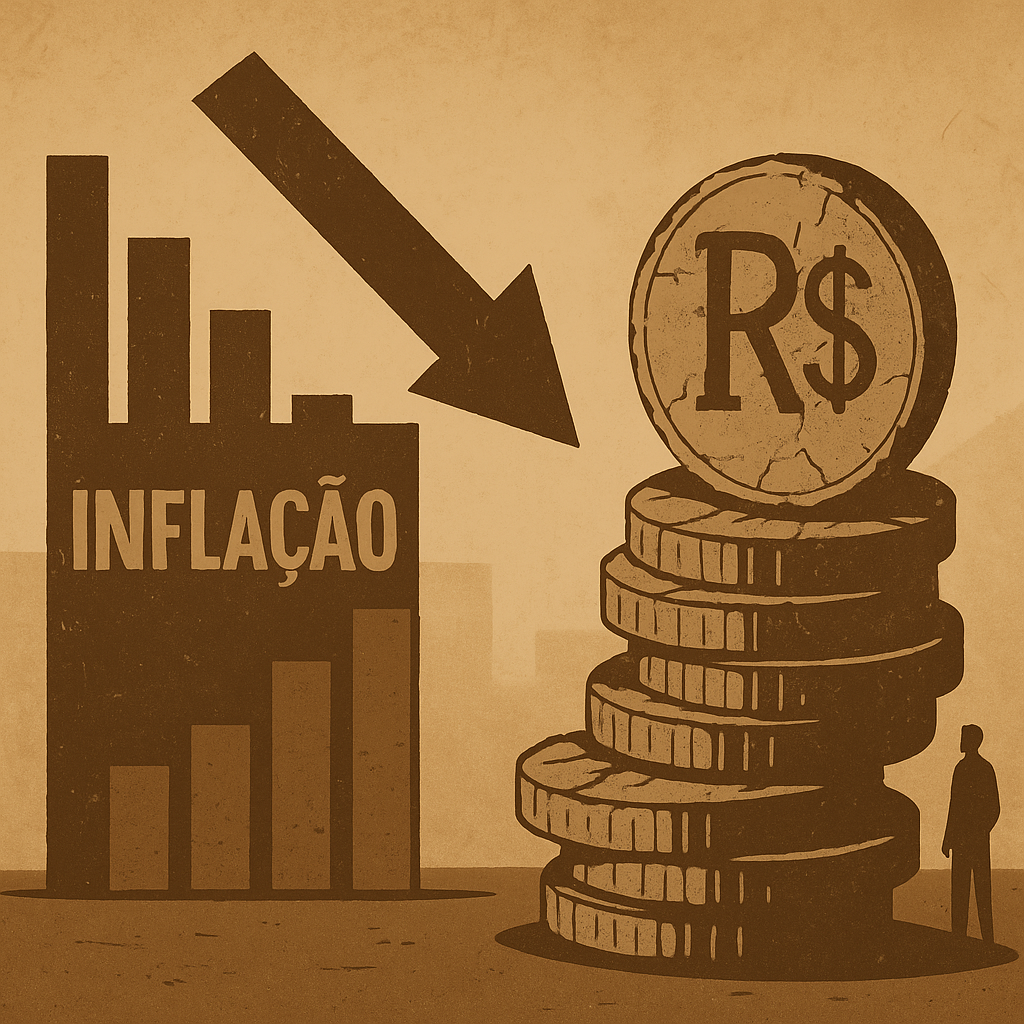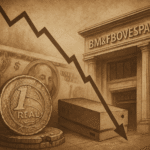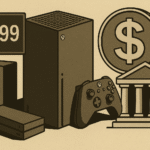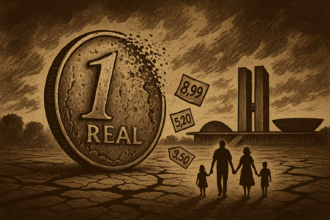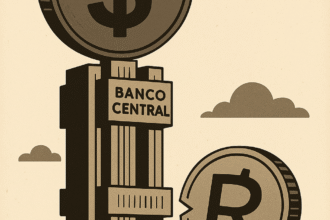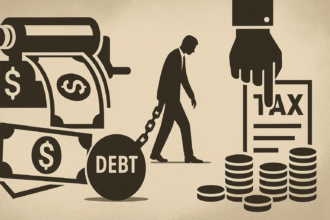The inflation forecast for 2025 has been revised downwards, with projections now indicating 5.55%, according to the UOL Economy. At first glance, this reduction seems to signal a truce in the rise in prices. But the number, in isolation, hides more than it reveals. Are we facing real relief or just a statistical mirage?
The answer requires going beyond the Focus bulletin and analyzing economic fundamentals. Inflation in Brazil is not just a cyclical phenomenon: it is a chronic symptom of a government that spends too much, taxes poorly and constantly interferes with the dynamics of production. Even with the revised estimate, inflation remains above the target established by the National Monetary Council, which indicates that the problem is far from being resolved.
The makeup of projections
Lowering the inflation forecast does not necessarily mean that prices are under control. The new estimate is partly due to the artificial restraint of domestic consumption, caused by high interest rates, expensive credit and stagnant incomes. When the population consumes less, prices do not rise — but this is not a virtue of effective monetary policy: it is a consequence of a stagnant economy.
Furthermore, indexes such as the IPCA are made up of weighted averages. While some items fall (such as household appliances or fuel), others rise aggressively, such as food, energy or health plans. The average Brazilian does not live by averages: he lives by the reality of the supermarket, the electricity bill and the pharmacy.
Inflation is political, not just statistical
As we show in “The new invisible tax”, inflation operates as an indirect mechanism for government revenue collection. By issuing currency to cover deficits and maintain privileges, the government transfers the cost of fiscal irresponsibility to the population, eroding wages and distorting prices.
The expectation of lower inflation may please the markets, but it does not solve the structural problem: Brazil remains hostage to a model in which the State consumes more than it delivers. And this contaminates the entire economic dynamic.
Trust is the true thermometer
According to the Value Invest, projections remain above the center of the target and the Central Bank operates under political pressure, which reduces its autonomy and effectiveness. Without institutional credibility, any improvement in the statistics tends to be viewed with skepticism.
As we discussed in “The false neutrality of state currency”, currency has lost its function as a store of value when subordinated to political interests. Predictability and stability require more than technical reports: they require fiscal responsibility and a commitment to economic freedom.
Conclusion
Lower inflation may seem like good news — but when it’s accompanied by recession, high interest rates, and excessive government control, relief is illusory. It’s like celebrating a lowered fever in a sedated patient: the symptom has disappeared, but the disease remains.
Brazil needs a profound reform: less intervention, more trust. And this cannot be achieved with optimistic statistics, but with real changes in the way economic policy is conducted.
📩 Want to understand how inflation affects your life — and why it's so much more than just a number? Subscribe to the newsletter Economic Radar and receive our analyses directly in your email.
